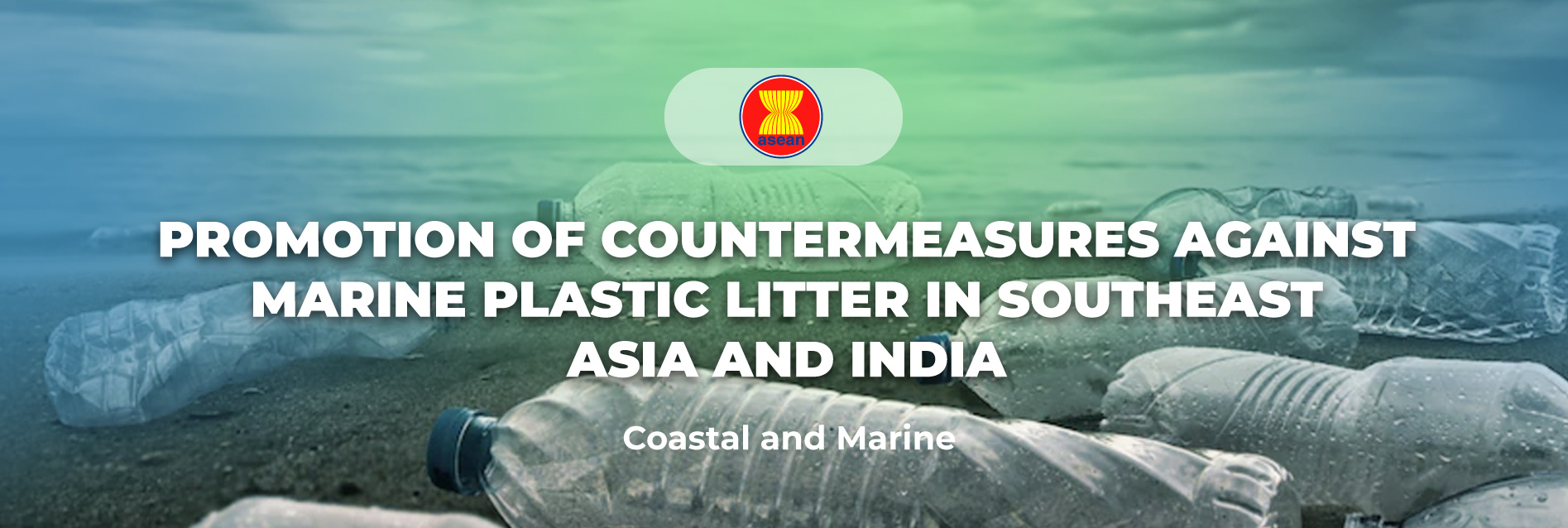
| Marketing restrictions in specific locations | Market restrictions (national bans) | Economic restrictions (taxes, consumer levies) | Other regulation | Voluntary agreement / commitment |
|
Malaysia: Nostraw-by-default practice is among the key initiatives under the Roadmap Towards Zero Single-Use Plastics 2018-2030
Indonesia: Bali has instated the ban on single-use plastic on June 23, 2019. Styrofoam, plastic bags, and plastic straws are officially prohibited island-wide. Philippines: Plastic bags are banned in many local government units of Metropolitan Manila and similar bans are in effect in many other locations of the country. |
Thailand: Has endorsed a plan to ban major single-use plastics (plastic bags, plastic cups, plastic straws, and Styrofoam containers) |
Indonesia: Retailers should charge consumers for each plastic bag used, according to guidelines issued by the Environment Ministry
Malaysia: Among the key initiatives under the Roadmap Towards Zero Single-Use Plastics 2018-2030 is the introduction of a plastic bag charge. Currently, the plastic bag charge applies to most permanent business premises, and it is planned that the charge will be extended to all types of business premises from 2022 Cambodia: All supermarkets and commercial centers are required to charge consumers per plastic bag. |
Singapore: Has introduced regulations to mandate that producers of packaged products and retailers with annual turnover of more than $10 million have to collect and report data on the types and amounts of packaging, including plastics, that they place on the market. These businesses are also required to develop plans to reduce, reuse and recycle packaging. The obligated companies will need to start collecting packaging data and developing 3R plans for packaging, from 1 January 2021. This will pave the way for an Extended Producer Responsibility (EPR) framework to manage packaging waste, including plastics, in which producers will be responsible for the collection and end-of-life management of their packaging. This will encourage producers to reduce the amount of packaging that they put out. As part of the first phase of the EPR, a Deposit Refund Scheme (or DRS) will be introduced for beverage containers.
A citizens’ workgroup has also been convened in 2020 to co-create solutions with members of the public, to reduce the excessive consumption of disposables. |
Thailand: The major shopping malls and department stores nationwide have agreed to stop providing plastic bags starting in January 2020.
Brunei Darussalam: A voluntary initiative created by the government, No Plastic Bag Weekend began in 2011 then Friday was added to the list in 2012 and Thursday in 2018 |